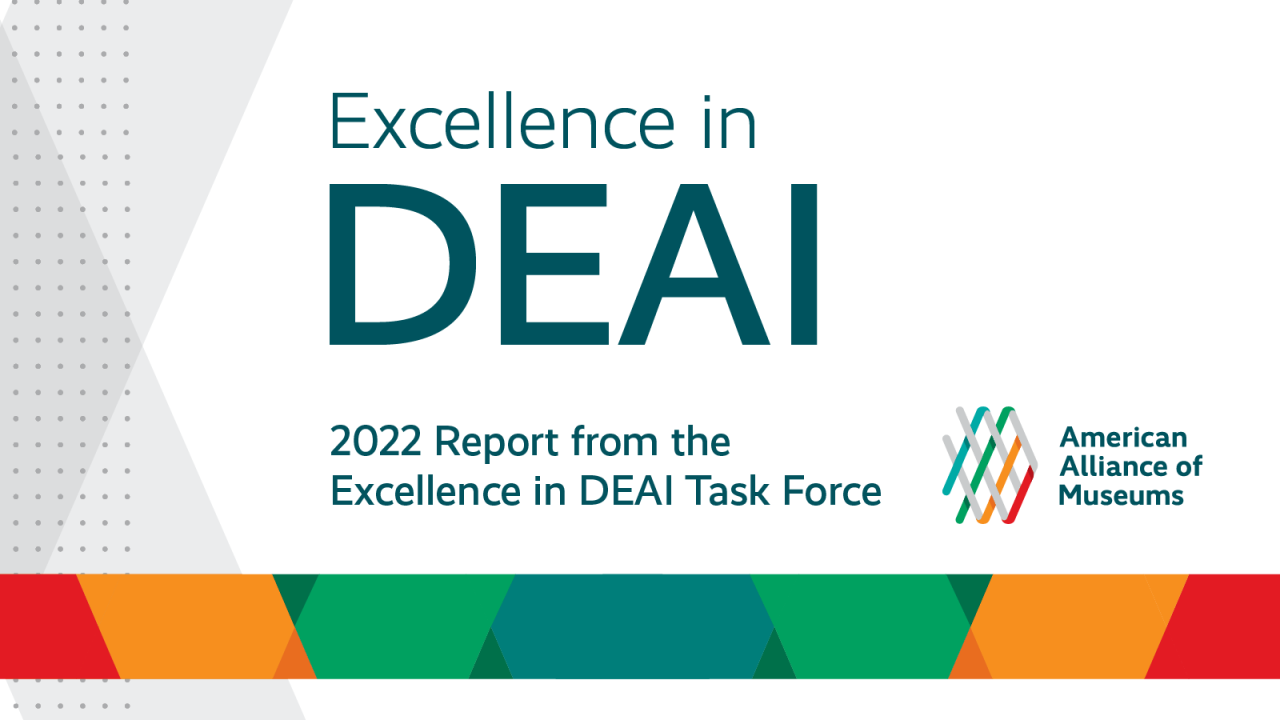
Download the report
Download a print-friendly version
Navigation
Introduction and how to use this report
Support this work and contribute feedback, resources, and examples
Introduction
Co-chaired by Smithsonian Secretary Lonnie Bunch and Elizabeth Pierce, CEO of the Cincinnati Museum Center, a task force was assembled as part of Facing Change: Advancing Museum Board Diversity & Inclusion—AAM’s unprecedented national initiative backed by the Mellon, Alice L. Walton, and Ford foundations—of museum leaders with expertise and experience with AAM’s Continuum of Excellence in a range of museum disciplines and sizes.
The task force was charged with developing recommendations to embed DEAI more deeply into museum standards and AAM excellence programs, including accreditation.
Focusing on the existing Continuum of Excellence, the task force’s work centered on:
- Outlining the characteristics of inclusive museums, and strategies for how to assess and measure excellence in DEAI in museums.
- Identifying core concepts and key indicators museums should keep in mind to support inclusion and equity throughout their structure, programming, culture, strategy, policies, and processes.
- Reviewing AAM standards and excellence programs through an inclusion lens and recommending updates.
- Recommending topics for ongoing education and training for museum staff, boards, volunteers, and other key constituents.
With input from museum professionals, accreditation commissioners, and Facing Change Museum Communities of Learning (consisting of board members and staff leadership), the task force’s culminating report, Excellence in DEAI, calls out DEAI as a core tenet of the standards of excellence in the museum field. While processes, starting points, opportunities, and challenges in DEAI work are unique to each individual and organization, the need for continuous progress is the same.
Over the next year, renowned museum leader and social justice advocate Dr. Johnnetta Betsch Cole will join the Alliance as a Senior DEAI Fellow. Dr. Cole has partnered with AAM over the course of several years, including serving as co-chair of the AAM DEAI Working Group that preempted AAM’s unprecedented Facing Change: Advancing Museum Board Diversity & Inclusion initiative. Working closely with AAM leadership and DEAI lead, Grace Stewart, she will be participating in activating this report, formulating plans for how AAM can best support people of color and DEAI changemakers in the museum field, and advising on AAM’s forthcoming five-year DEAI plan.
How to use this report
This report, which highlights the results from AAM’s Excellence in DEAI Task Force, is intended to be a starting point for spurring conversation and action that advances excellence in DEAI in the museum field.
This is not an exhaustive “how-to” manual that fully addresses the unique circumstances of each museum. Instead, this report lays the groundwork that allows our field to establish a common set of Core Concepts and Key Indicators of excellence in DEAI.
Core Concepts are overarching themes of excellence in DEAI.
Key Indicators are tactical practices indicative of progress in each Core Concept.
The Core Concepts and Key Indicators were developed from the task force’s research, input, and outline of topics that are guiding AAM’s development of resources, toolkits, and training for museum leaders and change-makers which we will continue to update.
|
DEAI is the responsibility of the entire organization. |
|
|
DEAI is an ongoing journey without a fixed end point. |
|
|
DEAI demands an ongoing commitment of resources. |
|
|
DEAI work must be measured and assessed. |
|
There is no one-size-fits-all approach to DEAI work, so these recommendations should be used as guiding principles for excellence in DEAI rather than a prescriptive checklist. Some museums have progressed further along certain Core Concepts, while other museums have specific DEAI challenges they need to prioritize. The report incorporates many organizational and field-wide lessons from the past few years and highlights the need to shift away from transactional DEAI work focused on checking boxes and toward transformational institutional and collective work centered around equity and cultural and structural change.
Download the report
What are the next steps for AAM?
In addition to the guidance on how all museums can start taking action now by using the Core Concepts, Key Indicators, and resources, the report includes recommendations for how AAM can better embed DEAI within the Framework for Museum Excellence. This includes building in a stronger integration of DEAI in the AAM Code of Ethics for Museums and the Core Standards.
We will be starting with a review and revision of the AAM Code of Ethics for Museums over the next 24 months. This work will be informed by the Task Force’s recommendation that the code needs to address issues associated with the individuals who work or volunteer for the institution, such as wage equity and organizational culture; contemporary ethical issues related to collections stewardship; and environmental implications of sustainability.
Additionally, we plan to revisit how DEAI is reflected in the Core Document requirements, and within flagship programs in the Continuum of Excellence—Accreditation and MAP. As these are complex but important changes, they will be embedded and adapted over time, in stages, and will be made in partnership with the Accreditation Commission and many across the field over the next several years, with this report as our roadmap.
The learnings from this report are not just theoretical ruminations for our field to ponder. AAM has been on our own DEAI journey, and these overarching learnings have been gleaned through trial and error, planning and iteration, and most importantly, because we have the support of a strong network of individuals and groups joining us in our journey towards a more diverse, equitable, accessible, and inclusive AAM and museum field.
We are committing to these same core concepts and key indicators and will be on the journey with you, sharing our learnings and providing critical resources in support of this work. This work takes a lot of vulnerability and introspection. We may all be at different points on this journey, but we’re on it together.
In the coming months, Senior DEAI Fellow Dr. Johnnetta Betsch Cole will host a series of virtual conversations on the Excellence in DEAI report, and any feedback and input from the field. More information on these conversations is coming soon.
Thank you
Without the unwavering commitment and support from the Alliance’s board of trustees, Accreditation Commission, AAM staff, DEAI Task Force, DEAI Working Group, Facing Change Senior Diversity Fellows, and many of our partners and members, the progress we have made with our DEAI work, including this report, would not be possible. Thank you all.
Resources
In addition to a list of resources within the Excellence in DEAI report, you can find primers for each Core Concept below. Please note that these primers nor the report are exhaustive resource lists and we welcome additional suggestions using this form.
Core Concept Primers
Core Concept: DEAI is the responsibility of the entire organization
Core Concept: DEAI is an ongoing journey without a fixed end point
Core Concept: DEAI demands an ongoing commitment of resources
Core Concept: DEAI work must be measured and assessed
Support this work
We are seeking partners to boldly and systematically advance this work. With over 100,000 people visiting AAM’s core standards, ethics, and professional practices resources each year, more than 5,000 museums engaging in pre-accreditation steps at any given time, and the more than 1,000 museums that have achieved accreditation, an investment in a comprehensive review and revision of AAM standards will have a wide-reaching impact on the museum field, and the communities they serve, for generations to come. To learn more about supporting this work, contact Jennifer Calvert Hall, Senior Director of Development.
Contribute feedback, examples, and additional resources
In the coming months, Senior DEAI Fellow Dr. Johnnetta Betsch Cole will host a series of virtual conversations on the Excellence in DEAI report, and any feedback and input from the field. More information is coming soon. If you would like to provide feedback, additional relevant resources, or examples of your organization’s DEAI work so we can all learn from each others’ successes and challenges, please share with us using this form.
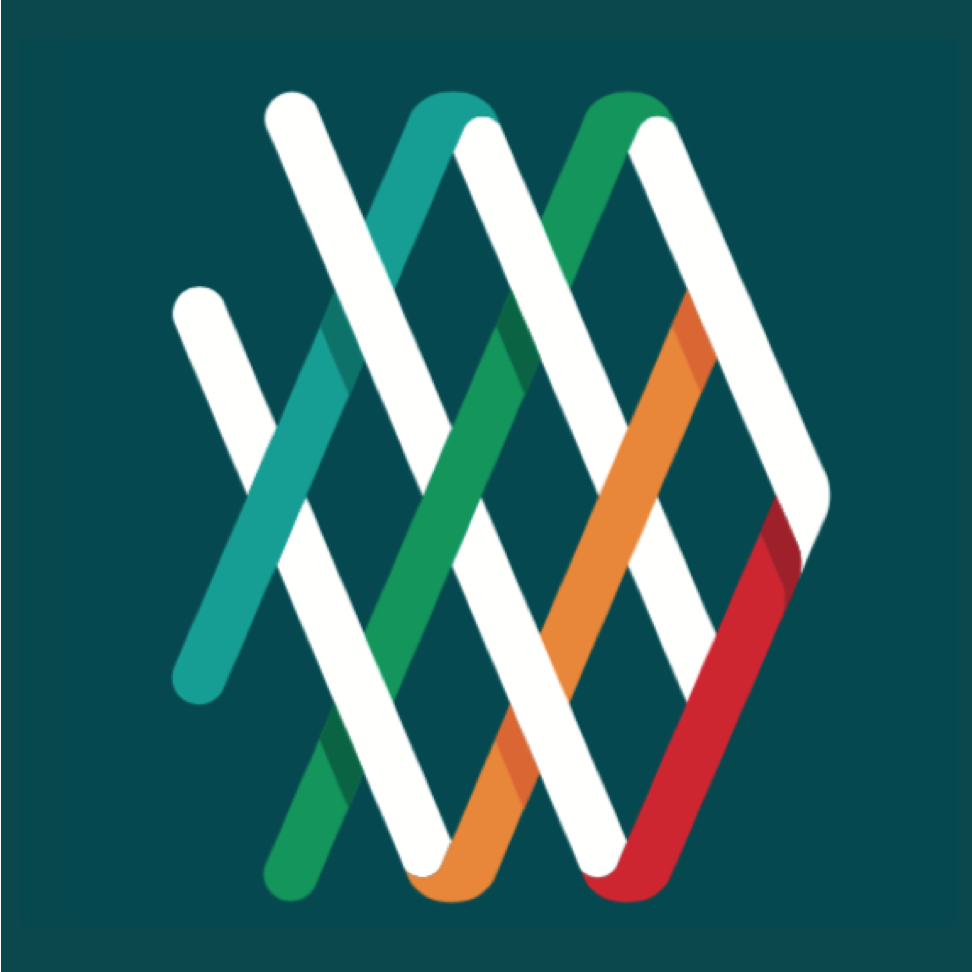
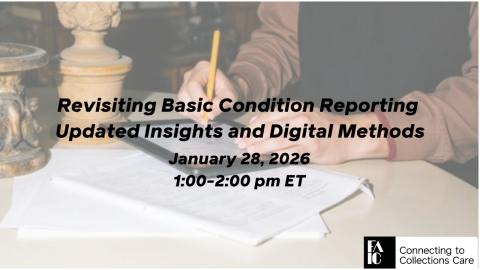
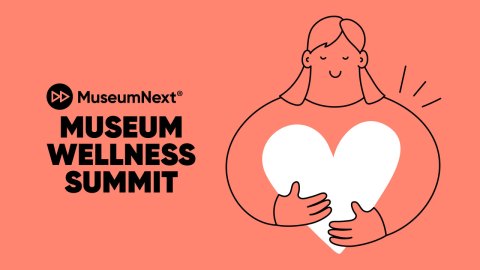

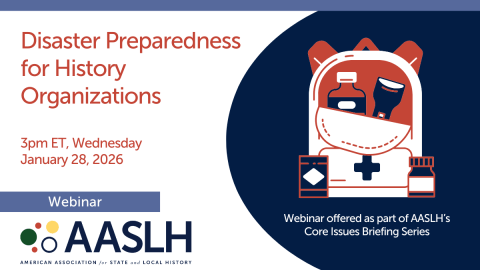
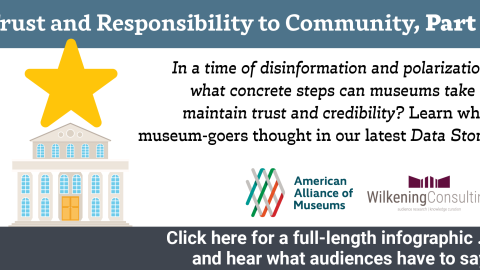
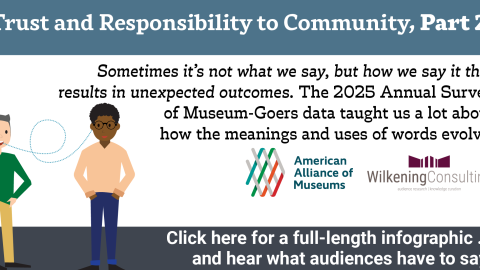
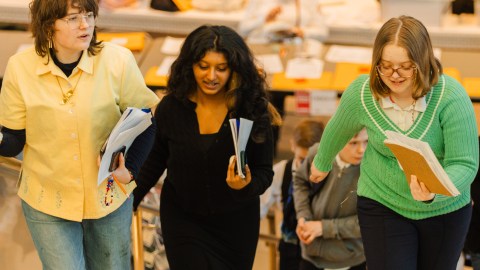
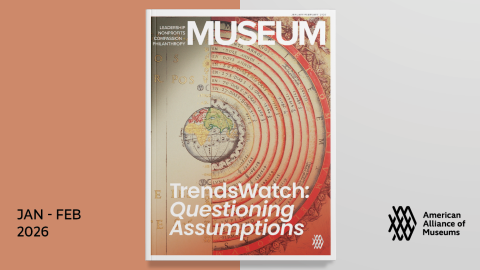
Thank you for your work on this very important matter. I work for a state grant program and we launched a DEAI grant for history organizations. Your initiative informed the development of our work and it continues to be a solid resource for our office and grantees.
Thank you,
Niquole
Good Morning,
I couldnt find the publisher or ISBN. I need to cite this publication. Can you please help me with that.
Thank you,
Cristina Beard
Hi Cristina,
Thanks for your question. The publisher is American Alliance of Museums and there is no ISBN for this report. Best of luck with your project!